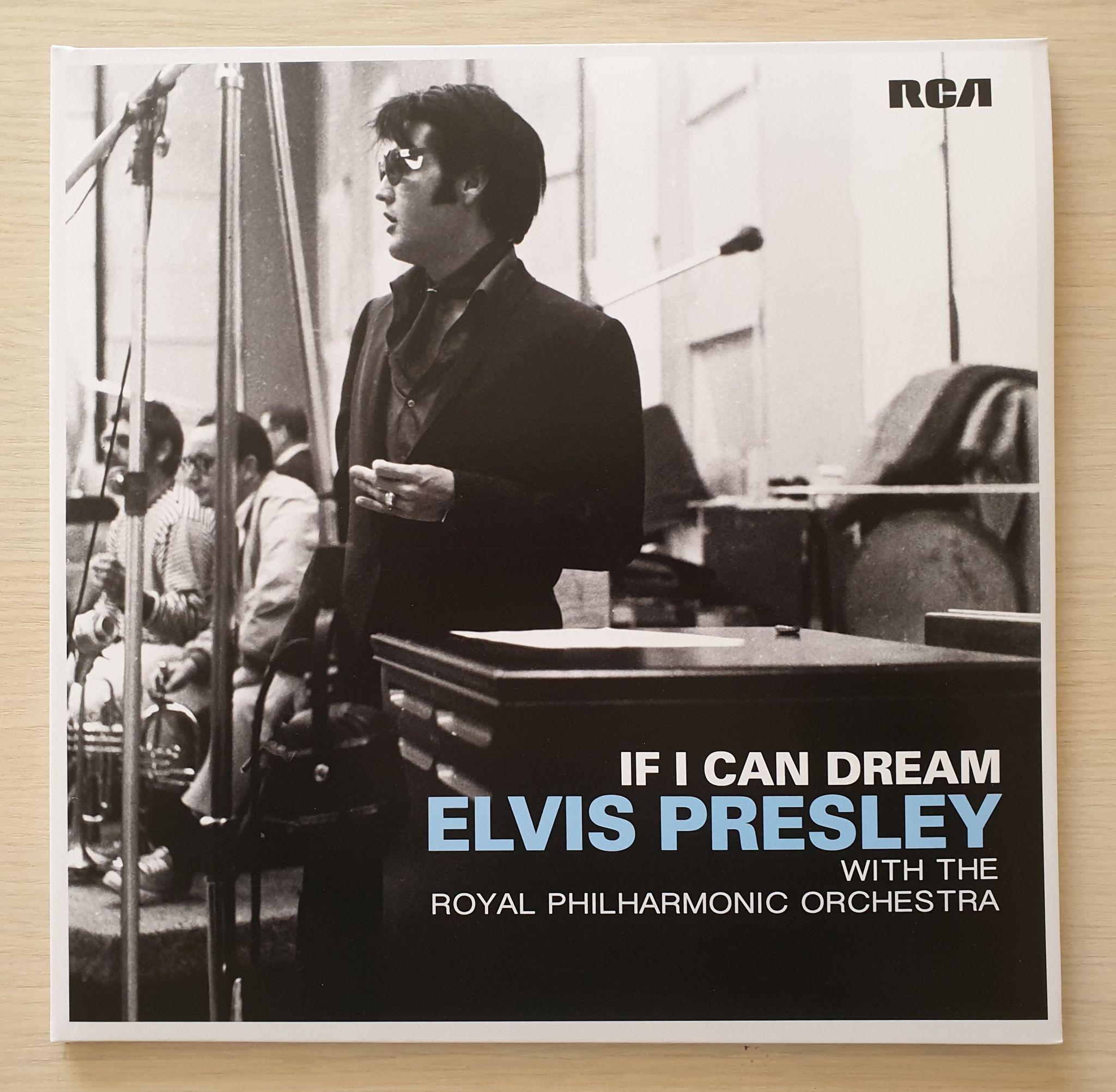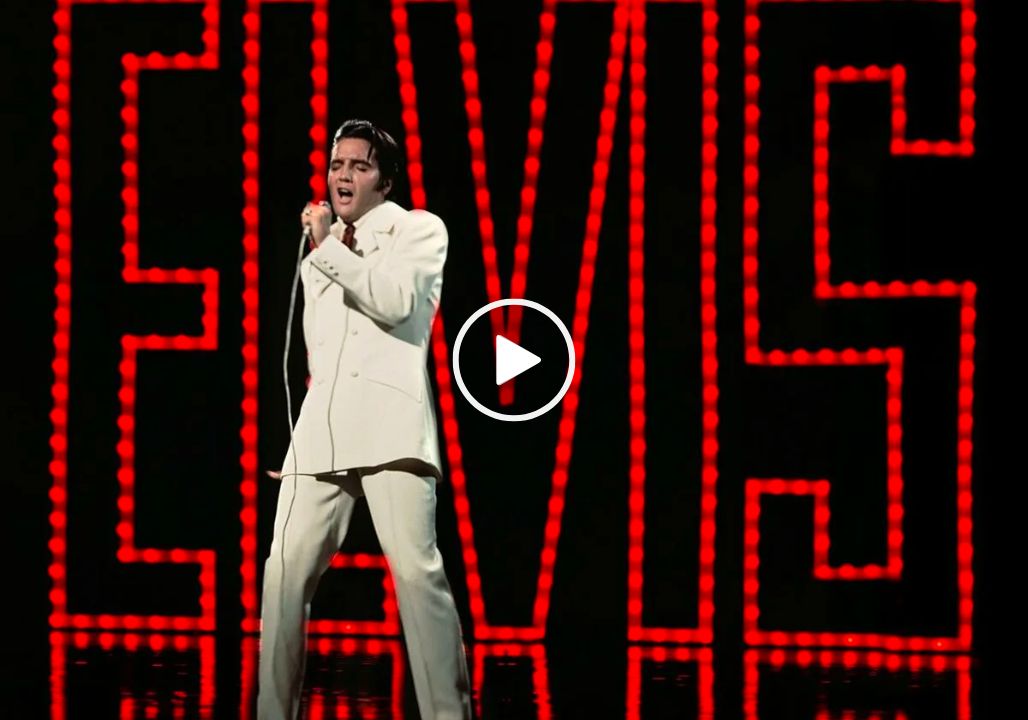Introduction

Elvis Presley’s “If I Can Dream,” released in 1968, resonates far beyond its catchy melody and soulful vocals. It stands as a powerful testament to hope in the face of societal turmoil, forever marked by the context of its creation.
Emerging just two months after the assassination of Martin Luther King Jr., and shortly after Robert F. Kennedy’s, the song carried a heavy weight. Written by Walter Earl Brown, the lyrics echoed the spirit of Dr. King’s iconic “I Have a Dream” speech, yearning for a world of unity and understanding.
Presley, returning to music after a film career hiatus, poured his heart into the performance. The ’68 Comeback Special, where the song debuted, served as a platform for the King of Rock and Roll to reclaim his artistic voice and address the social issues brewing in America.
“If I Can Dream” resonated deeply with audiences. Its message of hope and unity, delivered by a cultural icon, provided solace during a turbulent time. The song transcended racial and generational divides, becoming an anthem for those yearning for a better future.
While acknowledging the song’s beauty and Presley’s powerful performance, it’s crucial to remember the historical backdrop that shaped its significance. Understanding the assassinations, the Civil Rights Movement, and the societal unrest of the late 60s adds depth and richness to the listening experience.
So, before you hit play, take a moment to reflect on the world that birthed “If I Can Dream.” Let the song’s message of hope inspire you, while acknowledging the ongoing struggle for equality and justice that it continues to represent.
